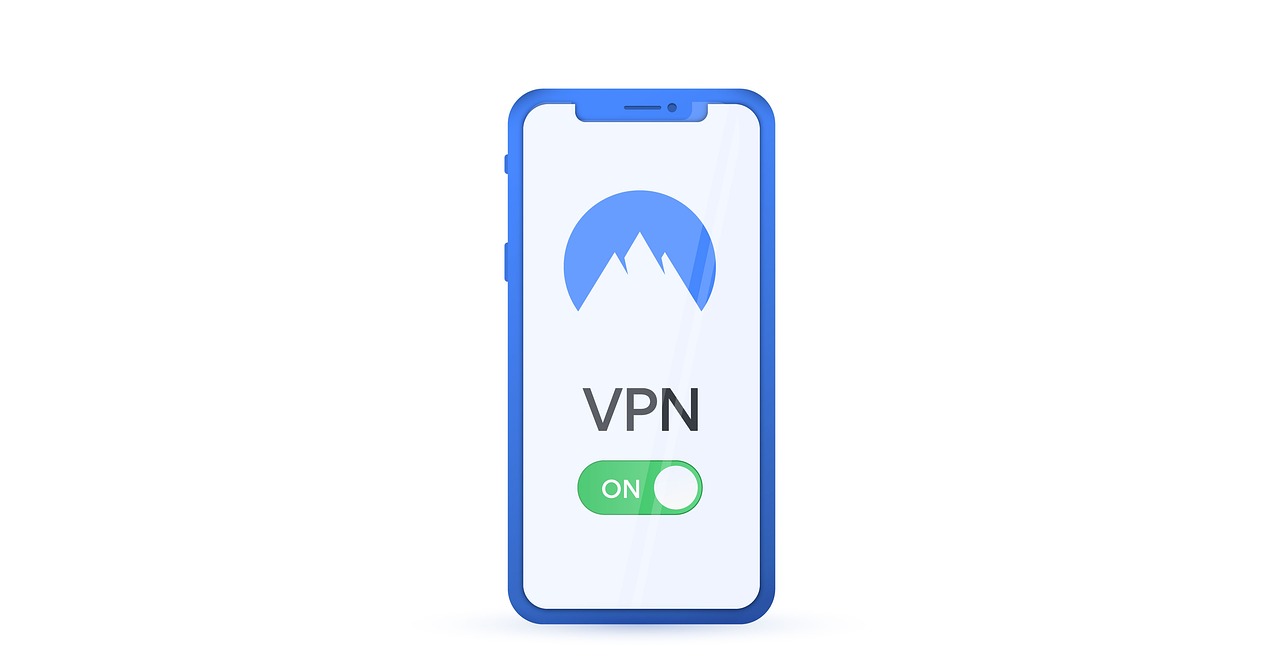As technology continues to advance, smart home devices have become part of modern life, bringing us convenience and comfort. However, with it comes a growing concern about Internet of Things (IoT) security. As smart home devices are connected to the Internet, they are also exposed to potential cyber threats and privacy leakage risks. In this regard, virtual private networks (VPN) serve as a powerful security tool that can provide the necessary protection for smart home devices. In this paper, we will discuss the importance of IoT security and how VPN can play a key role and effective strategies to protect smart home devices.

I. The Importance of IoT Security
With the continuous popularization of smart home devices, people's daily life has become more convenient. From smart lighting to smart home appliances, from smart security systems to health monitoring devices, these devices are connected via the Internet, allowing users to control and monitor their homes remotely. However, this connectivity also means that devices are potentially vulnerable to cyberattacks. Hackers can use security vulnerabilities to break into devices, steal personal information, and even take control of your home devices. Therefore, it becomes crucial to protect smart home devices from potential threats.
II. The practical application of VPN in smart home protection
The practical application of Virtual Private Network (VPN) in smart home protection is about the security of your home network and connected devices. The following are some examples of practical applications of VPN in smart home protection:
1. Remote access and control: Smart home devices allow you to remotely control your home environment such as temperature, lighting and security systems. By using a VPN, you can remotely access your smart devices over an encrypted connection while you are traveling or away from home. This ensures that your commands and data are protected in transit, preventing hackers from stealing or tampering with your controls.
2. Protection from snooping: Certain smart devices, such as security cameras, can be targets for hackers to snoop on your family's privacy. Connecting to a VPN encrypts the images and videos transmitted by the camera, blocking unauthorized access by third parties.
3. Data encryption: Smart home devices may collect your personal data, such as habits, schedules, etc.. These data need to be protected to prevent them from being stolen or misused. By using a VPN, you can encrypt the data transferred from your device to the cloud storage, ensuring that it is not easily accessible to attackers even during transmission.
4. Public Wi-Fi Protection: Using public Wi-Fi can lead to the risk of data leakage when you connect to your smart home device on an external network. Connecting to a VPN encrypts your connection on unsecured Wi-Fi networks, protecting your communications from the prying eyes of hackers.
5. Bypass geo-restrictions: Some smart home apps or content may be restricted due to geographic location, limiting your access. By connecting to a VPN server located in another region, you can bypass these geo-restrictions by masquerading as a user in another region for a broader experience.
6. Defense Against IoT Attacks: IoT devices can be targeted by cyberattacks due to their lower security, which can jeopardize your smart home network. Connecting all devices to a protected VPN network isolates them from external cyber attacks.
7. Isolating Network Traffic: A VPN enables you to connect your smart home devices to a separate virtual network, isolated from the main network. This helps protect devices from external threats and limits the spread of potential attacks.
8. Protection from DDoS attacks: Distributed Denial of Service (DDoS) attacks can cause your network to become overloaded, preventing your devices from functioning properly. By using a VPN, you can hide your real IP address and reduce the likelihood of being targeted.
In smart home protection, a VPN serves as a powerful tool that provides encrypted communication, data protection, and privacy to help you build a more secure IoT ecosystem. Whether it's protecting your privacy or preventing your devices from cyber threats, VPN play a key role.
 Email
Email